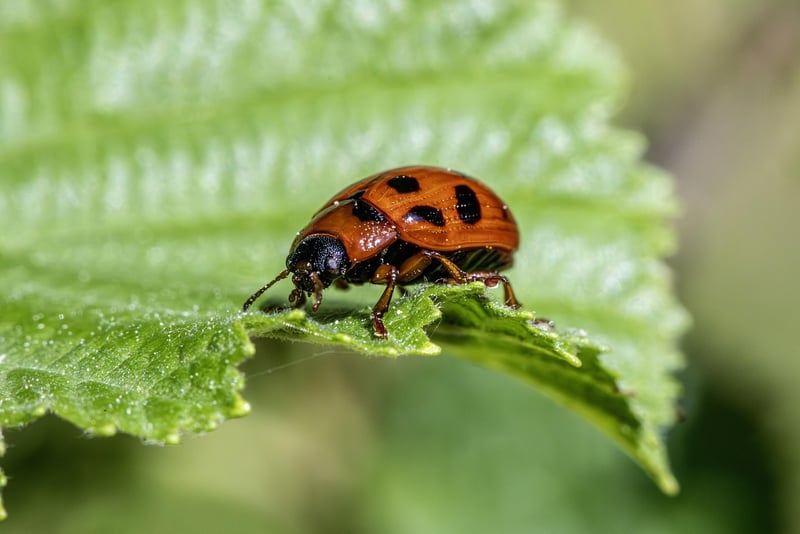Pest Management
Keeping Your Garden Flourishing: Pest Management Tips
Having a beautiful garden is a joy for many, but pesky pests can quickly turn that joy into frustration. Proper pest management is key to keeping your garden flourishing and healthy. Here are some effective tips to help you deal with garden pests:
1. Identify the Pests
The first step in pest management is identifying the pests that are causing damage to your plants. Different pests require different control methods, so knowing what you're dealing with is essential.
2. Natural Predators
Encourage natural predators like ladybugs, lacewings, and birds to make your garden their home. These helpful creatures feed on common garden pests and can help keep their populations in check.
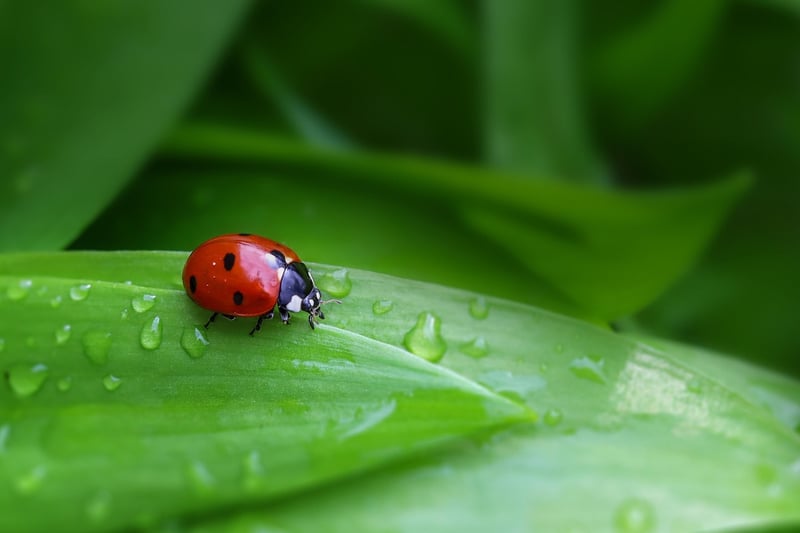
3. Neem Oil
Neem oil is a natural insecticide that can effectively control a wide range of pests, including aphids, mealybugs, and spider mites. It is safe to use on most plants and won't harm beneficial insects.
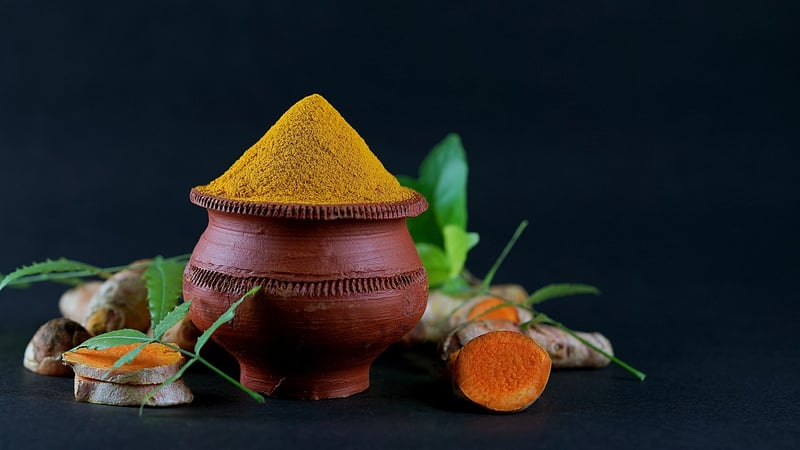
4. Companion Planting
Planting certain flowers and herbs alongside your vegetables can help repel pests. For example, marigolds can deter nematodes, while basil can keep mosquitoes at bay.
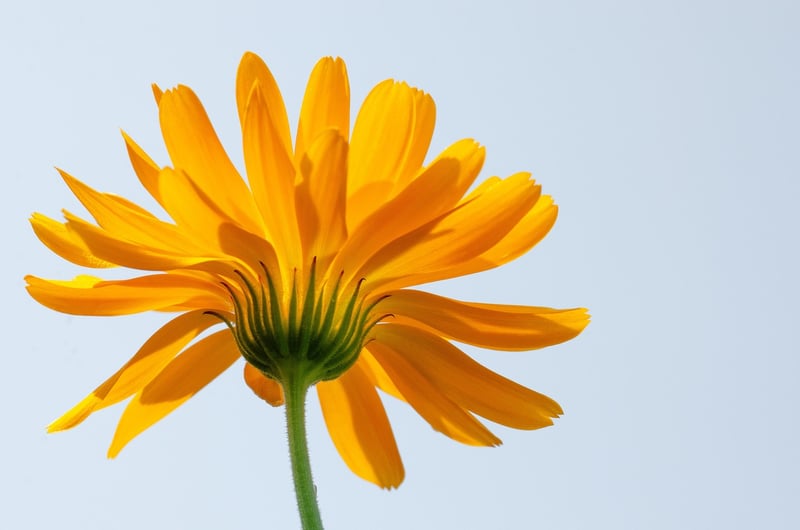
5. Diatomaceous Earth
Diatomaceous earth is a natural powder made from fossilized algae. It works by dehydrating insects and is effective against slugs, beetles, and other crawling pests.
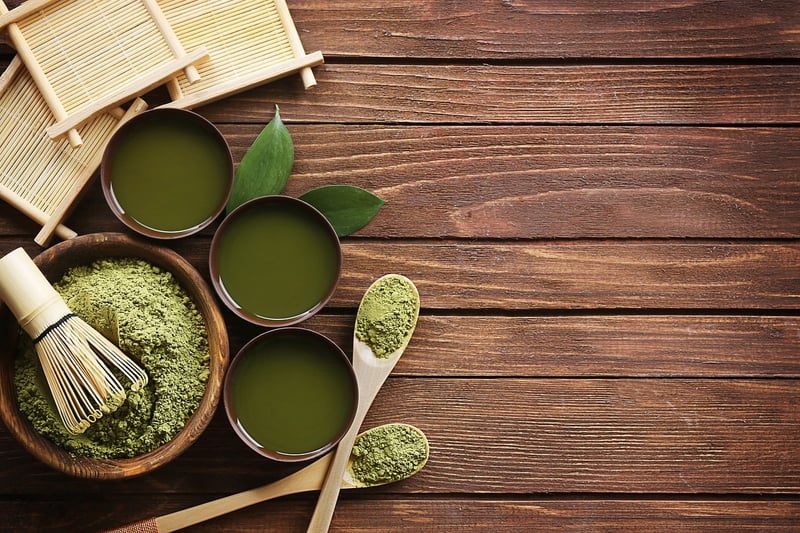
6. Regular Inspections
Make it a habit to regularly inspect your plants for signs of pest damage. Early detection allows you to take action before the infestation gets out of control.
7. Organic Sprays
If natural remedies are not sufficient, consider using organic sprays like insecticidal soap or garlic spray. These options are less harmful to the environment than chemical pesticides.
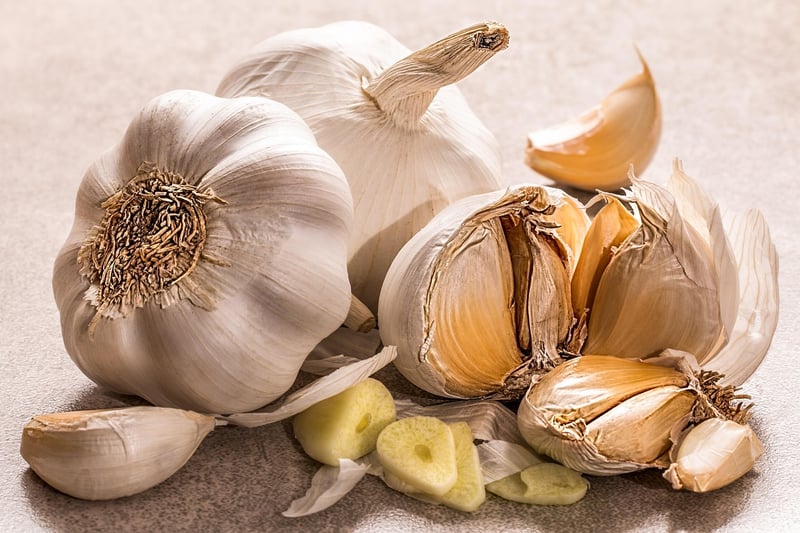
By following these pest management tips, you can protect your garden from destructive pests while maintaining a healthy and thriving outdoor space.
Remember, a little prevention and early intervention can go a long way in keeping your garden flourishing!
